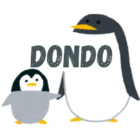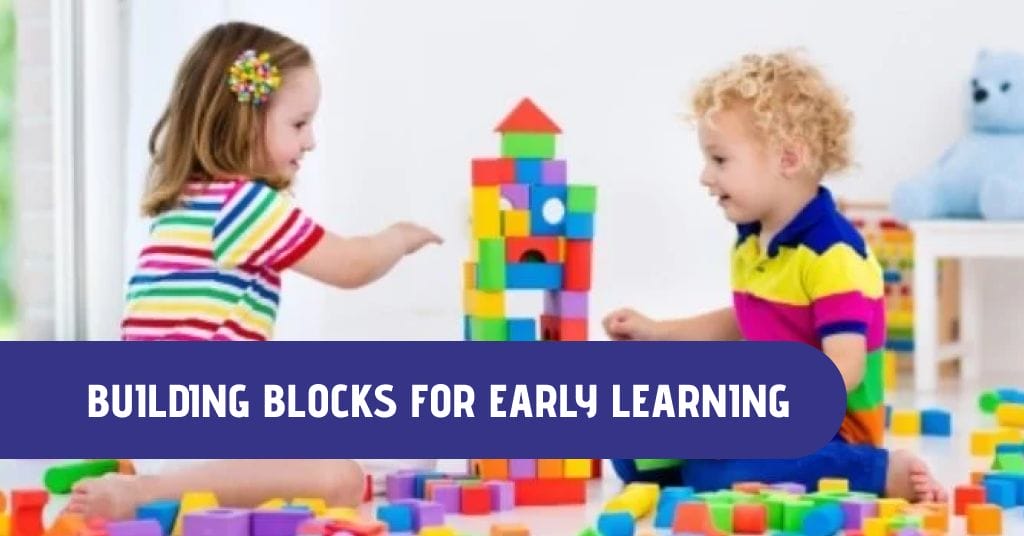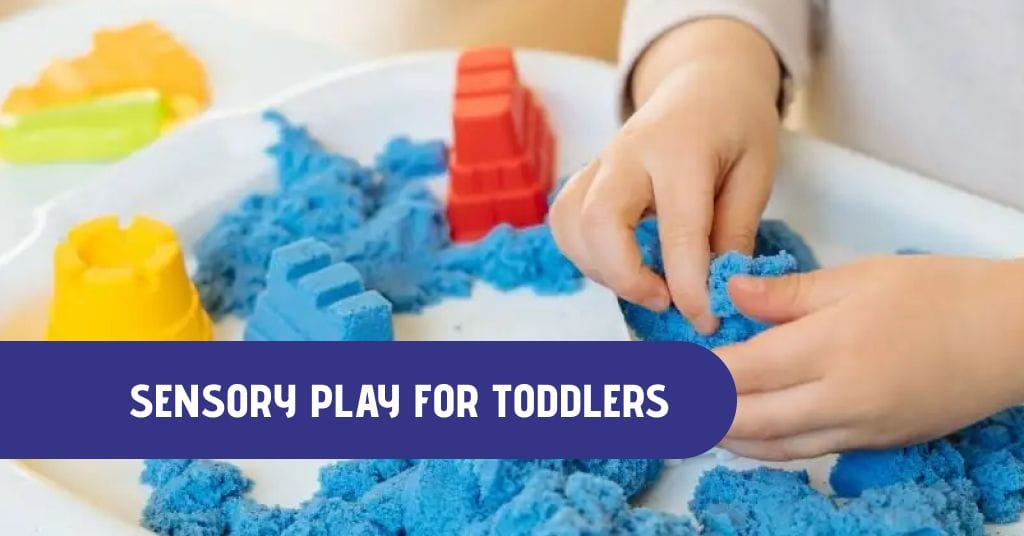Why Building Blocks are Essential for Early Learning
Building blocks are one of the most fundamental and effective educational toys for toddlers and young children. These simple yet powerful toys help develop fine motor skills, hand-eye coordination, problem-solving abilities, and spatial awareness. Through stacking, sorting, and constructing, children enhance cognitive development while building confidence and patience. Research suggests that block play lays the groundwork for math and engineering skills, making it an essential tool for early STEM learning. The open-ended nature of building blocks also encourages creativity and critical thinking, helping children explore limitless possibilities while playing.
The Power of Play: How Blocks Foster Imagination
Blocks provide an excellent opportunity for children to express creativity and imagination. Unlike structured toys with predefined roles, blocks allow kids to create their own worlds. They can build castles, towers, bridges, or even entire cities, giving them a sense of ownership and accomplishment. Block play also supports language development and social skills. When children engage in collaborative block-building activities, they learn to communicate, negotiate, and share ideas. This cooperative play fosters teamwork and emotional intelligence, which are crucial life skills.
Choosing the Right Blocks for Your Child
Not all building blocks are created equal, and choosing the right ones depends on your child’s age, interests, and developmental needs. Here are some popular types of blocks and their benefits:
- Wooden Blocks: Durable and timeless, these blocks encourage classic open-ended play and enhance hand strength.
- Soft Foam Blocks: Safe and lightweight, ideal for younger toddlers still developing motor skills.
- Magnetic Blocks: Great for older children, these blocks introduce concepts of magnetism and improve problem-solving skills.
- Interlocking Plastic Blocks (LEGO, Mega Bloks): Excellent for fine motor development, creativity, and structured design.
- Themed Blocks: Blocks with numbers, letters, or shapes help introduce early literacy and numeracy skills.
Beyond Traditional Blocks: Expanding the Play Experience
While classic blocks remain a favorite, modern variations add new dimensions to block play:
- Puzzle Blocks: Combine the benefits of traditional blocks and puzzles to enhance logical thinking.
- Light-Up Blocks: Stimulate sensory play and make night-time learning fun.
- Smart Blocks: Interactive blocks with digital features for tech-savvy kids.
Mixing different types of blocks can create a more enriching playtime, allowing children to experiment with various textures, sizes, and functionalities.
Encouraging Block Play: Tips for Parents
- Create a Block Play Area: Dedicate a space for block play to encourage regular use and exploration.
- Incorporate Storytelling: Ask your child to build a structure and create a story around it.
- Join the Fun: Playing together strengthens bonds and encourages cooperative learning.
- Rotate Block Sets: Introducing new types of blocks periodically keeps playtime fresh and exciting.
- Combine with Other Toys: Use blocks alongside toy cars, action figures, or puzzles to enhance play scenarios.
Building blocks are a must-have toy for fostering early learning, creativity, and problem-solving skills. With various types available, parents can choose the best blocks suited to their child’s needs and interests. By creating a supportive play environment, children can explore, build, and develop essential skills that will benefit them for years to come.



Kids should start out with blocks from the age of 3. Highly recommended!